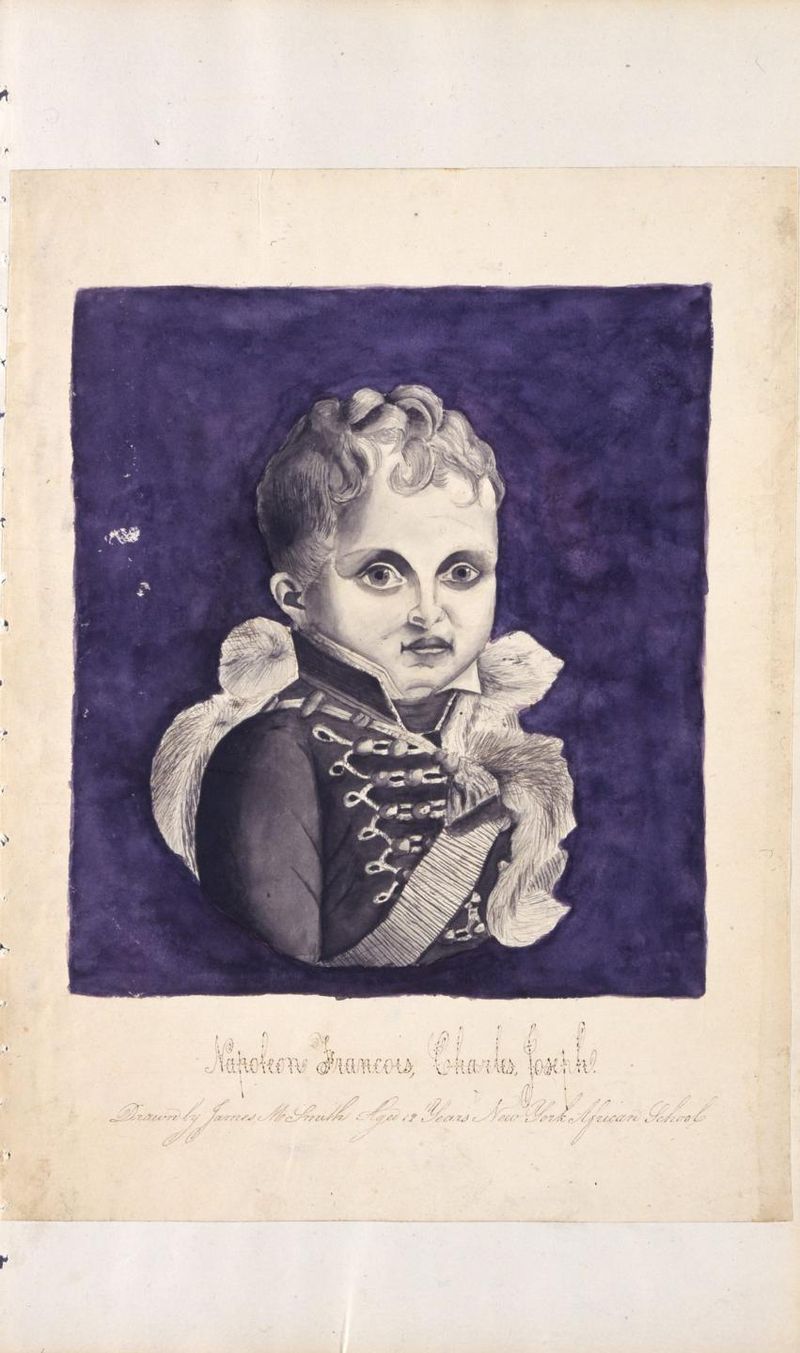The New York African Free Schools were a success, but some of its problems still face black education today
The Declaration of Independence was just 11 years old, and America was a very new nation, when the African Free School system was founded in New York City to provide education during slavery and attempt to validate the Declaration’s treasured tenet that “all men are created equal.”
The New York Manumission Society — a group of prominent and wealthy New Yorkers, including Founding Fathers John Jay and Alexander Hamilton — founded the African Free School in 1787.
The first dedicated building for the educational institution was purchased in 1796. It was on Cliff St. in lower Manhattan, just south of where City Hall and the Brooklyn Bridge stand today, according to the New-York Historical Society’s “Examination Days: The New York African Free School Collection” digital exhibition. The structure held a one-room schoolhouse where the children of enslaved Africans and some free blacks were educated.
The African Free School system operated before abolition in New York State in 1827. The new nation benefited from and grew due to the profitable institution of slavery. Ironically, some members of the New York Manumission Society — founded in 1785 to promote abolition — owned slaves, including President and co-founder Jay.

“The New York African Free Schools were a success story in many respects, but also reveal many of the problems facing black education today,” said Rury, a University of Kansas professor who co-wrote “The New York African Free School, 1827-1836: Conflict over Community Control of Black Education” with Prof. Derrick Darby.
“Eventually the schools fell into disrepair, neglected by the newly formed New York Board of Education. Segregation and neglect continue to plague African-American children’s education. Racism is the root of this,” Rury said. He added that “disproportional disciplinary actions against African-American students and problems in assigning black students to special education” continue to undermine many black students’ education.
But looking ahead, Diane Ravitch — a professor and historian at New York University and author of the book, “Reign of Error: The Hoax of the Privatization Movement and the Danger to America’s Public Schools” — offered several solutions to meet the needs of students and their families, as well as education professionals seeking to overcome barriers linked to racism.
Ravitch said that smaller classes taught by highly skilled, experienced teachers; access to health clinics and social services, and providing early-childhood education along with arts, recreation and physical education are solutions to the educational impasse, and would improve education of the city’s African-American students.

Project Details
- Category: News Clips
- Location: New York Daily News
- Date Published: FEB 09, 2017
